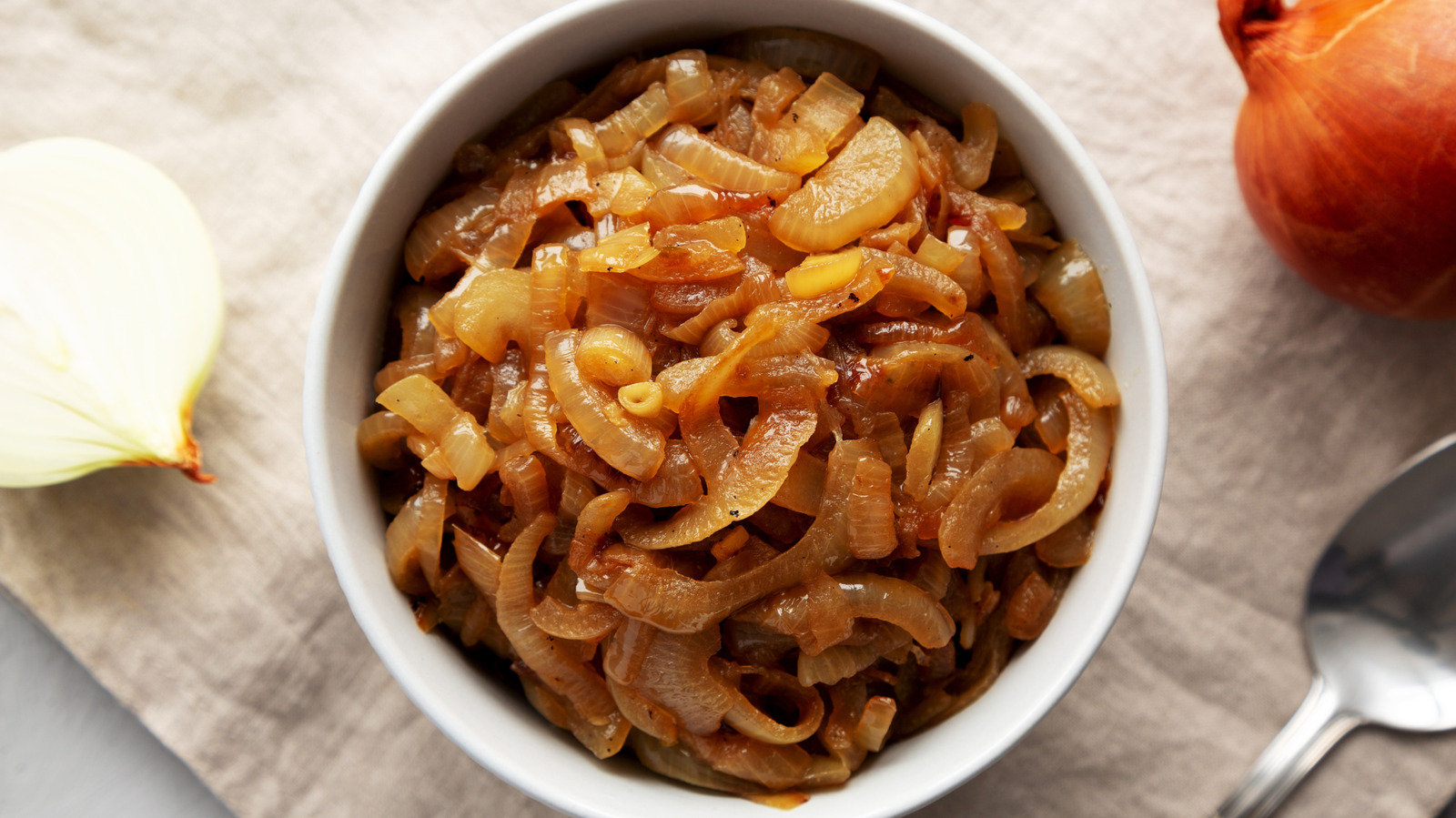
"As a chef and recipe designer, I'm often surprised by how many recipes suggest cooking onions for just five minutes before adding other ingredients. Of course, there's a time and a place for al dente onions that retain a slight crunch and some bitterness. However, if you're looking for a buttery sweetness, then it's best to caramelize the onions, which takes patience. It's worth the extra time and effort, though, to create melt-in-your-mouth, ultra-sweet onions that will enhance your final recipe."
"Cooking with alcohol can intensify flavors. It does this by helping to release the aromatic compounds of the food into the air, triggering our olfactory glands, and creating a richer dining experience. Our sense of smell greatly contributes to how we perceive flavor, which is why if you hold your nose and eat something, it's extremely hard to taste it."
Short, five-minute sautés yield al dente onions with bite, while slow caramelization produces buttery, ultra-sweet, melt-in-your-mouth onions. Caramelization requires patience, low heat, and time to convert onion sugars into deep brown, complex flavors. Alcohol such as bourbon helps release aromatic compounds, enhancing olfactory perception and contributing vanilla, caramel, stone-fruit, and nutty notes. Umami-rich ingredients boost savory depth. Vinegars and acids improve mouthfeel and balance sweetness. Alternative sweeteners can introduce nuanced flavors beyond plain sugar. Experimentation with one or more enhancers allows tailoring caramelized onions to complement specific dishes.
Read at Tasting Table
Unable to calculate read time
Collection
[
|
...
]